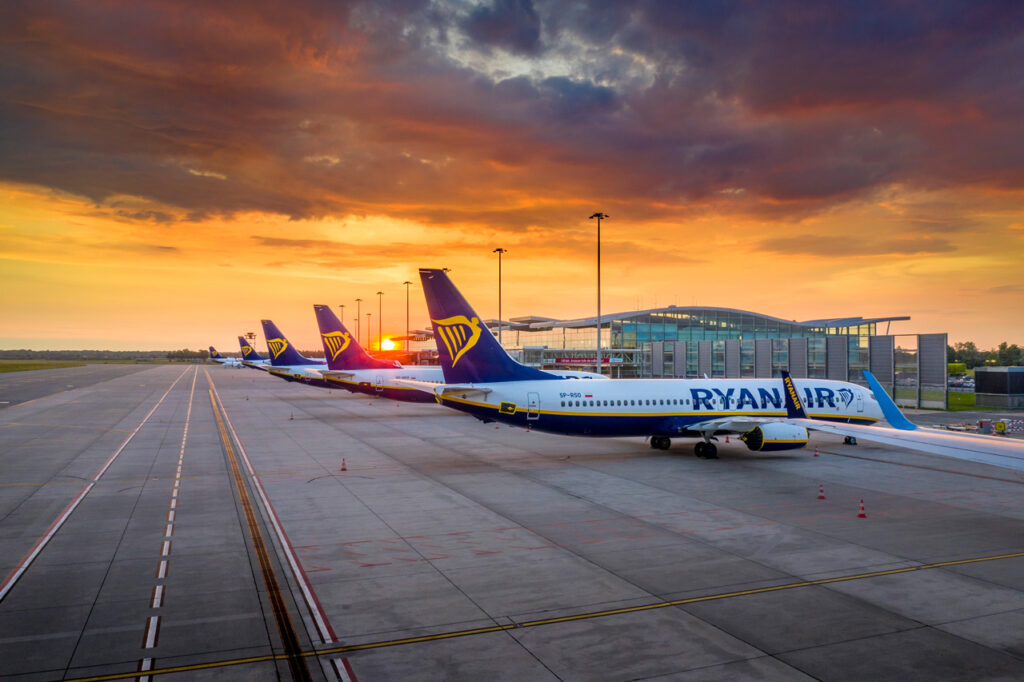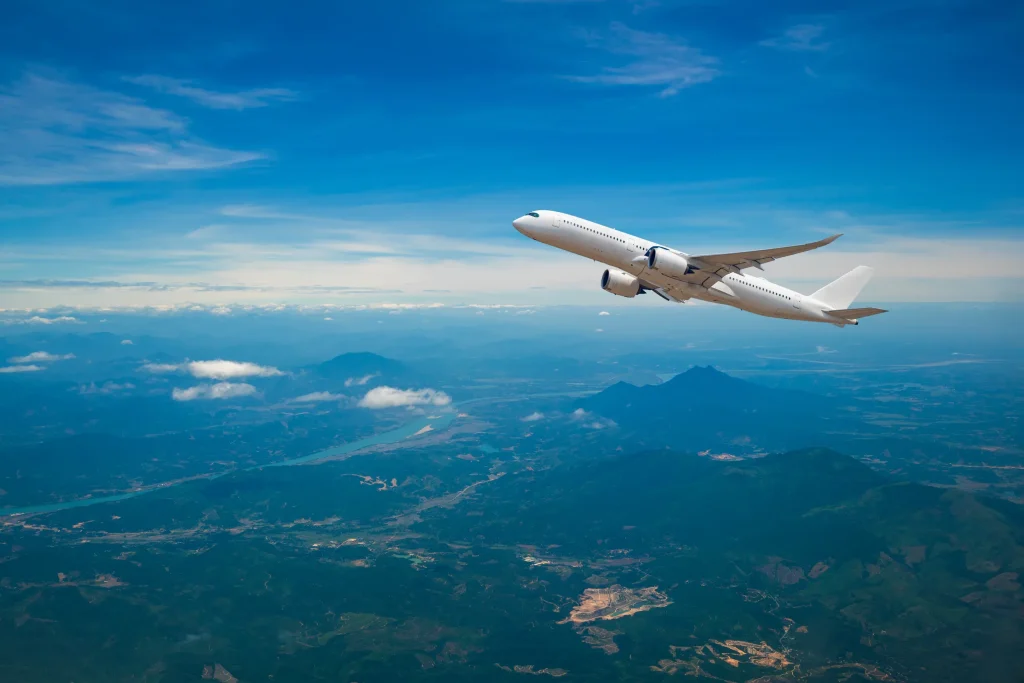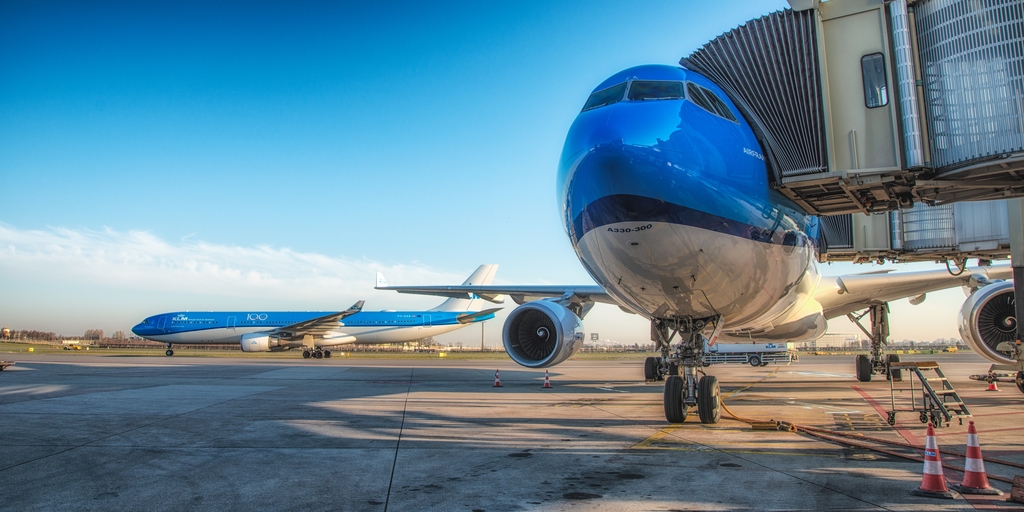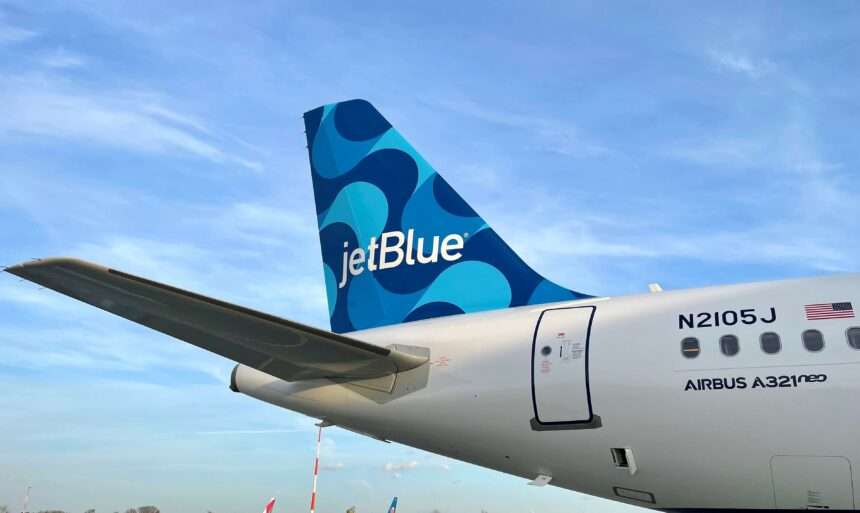LONDON – Recent reports suggest the EU are proposing changing rules that would see industries pay more for their pollution.
An article published by the Financial Times on 12 February 2023 suggests changes in EU rules, known as the EU Emissions Trading Scheme (EU ETS), could see increased costs for travellers with increased levies in ETS costs having to be accounted for in airfares.
The article suggests that analysts have determined airfares could see rises by up to 10 Euros per return ticket.
EU Legislation

On 9 December 2022, the European Commission, the executive branch of the EU system of governance, issued a press release stating an agreement had been made between the European Parliament and the European Council to set in legislation the target of reducing emissions by at least 55% by the year 2030.
The main tool for this is the proposed revision of the EU Emissions Trading System (EU ETS) rules on aviation.
The press release also stated that the new proposals would “accelerate the implementation of the polluter pays principle by phasing out free allowances for the aviation sector by 2026.”
The incentive to reduce emissions is to introduce increased stringencies in the existing system so that the economic benefits of compliance outweigh continuing with existing pollution levels.
The EU ETS works on an allowance system where airlines ‘purchase’ allowances for levels of pollution. There are certain proportions available for free which will be removed by the changes and also see the total number of allowances in the system reduced.
The FT summarised, based on findings from Bernstein analyst, Alex Irving, estimated the cost to comply with the new EU ETS requirements would increase by around 4.5 billion EUR for the six largest airlines operating within the EU.
It was also stated that an analyst for Deutsche Bank forecasts that easyJet, Wizz Air and Ryanair would spend a combined total of over 780 million EUR on carbon allowances in their 2023 fiscal years – which is an equivalent of approximately 2.60 EUR per passenger journey. That is predicted to rise to 2.25 billion EUR by 2025.
Industry Response
For many years, airlines have attempted to reduce fuel usage, and therefore emissions, due to the volatility in the price of oil, with aviation being one of the industries significantly exposed to fluctuations.
This has included transitions to more modern fuel-efficient fleets, retro-fitting fuel reduction modifications to existing aircraft and improvements in fuel monitoring programmes.
Ryanair, the largest carrier within the EU, had recently announced retrofitting new, fuel-saving winglets to its older generation of aircraft.
It is reported the modification would improve fuel efficiency by up to 1.5%, reducing Ryanair’s annual fuel consumption by 65 million litres, and would reduce its carbon emissions by 165,000 tonnes.
The carrier has stated, “As Ryanair grows to carry 225 million passengers by 2026, this initiative will further the airline’s target of net zero by 2050.”
However, Ryanair’s well-known CEO, Michael O’Leary, has been vocal on EU ETS. In an article published in the Guardian in January 2023, O’Leary was quoted as saying, “Our passengers are paying a disproportionate burden of environmental taxation, all of which is being levied on short-haul flights in Europe, which account for less than 45% of CO2 emissions [in aviation]… The most polluting flights, long-haul, remain strangely exempt….”

The Director-General of ACI Europe, Olivier Jankovec, was quoted as telling an industry conference that due to “a major policy reset” in the EU the economics were changing and it would “result in increasing costs for airlines, increasing fares and lower demand.” ACI (Airports Council International) Europe represents the interest of European airports.
ACI Europe President, Javier Marin, also recently stated that airports are seeing increased costs across the board due to pressure on recruitment since the COVID pandemic and recently increased energy costs.
Airlines for Europe (A4E), an industry lobby group that includes some of the largest airlines and airline groups across Europe, released a press statement in response to the EU’s proposed legislation changes. “A4E is extremely disappointed about the decision to phase out free ETS allowances currently granted to airlines by 2026.”
“This is well before truly effective decarbonisation solutions will be available at the scale needed for them to be effective,” the press release stated. The FT also quoted A4E, saying “sustainability legislation such as the EU’s . . . could see flying via EU hubs like Amsterdam, Paris or Frankfurt becoming about 23-29 per cent more expensive in 2035.”
The changes come at a time when airfares have increased to assist in the industry’s recovery from the COVID-19 pandemic. Airline emissions account for approximately 3% of all emissions in the EU.
On the horizon
The EU ETS has been in place since 2012 however it has only applied to flights within the European Economic Area (EEA). Recent efforts to expand its scope to areas outside of the EEA were blocked by China, the USA and other nations.
The proposed changes will come into effect if approved through a vote in the European Parliament and EU Environment Ministers in Spring 2023.
The changes also included proposals to support the speeding up of the use of sustainable aviation fuels that will be funded by finances raised through the EU ETS.
The proposals focus on innovation and development of new technologies, such as hydrogen fuel-powered aircraft, and others focus on the industry’s impact on climate change.
While the changes are part of the EU’s goals in reducing carbon emissions in aviation and will be welcomed by many, there is a potential risk the costs of such changes cannot be absorbed by airlines, where fossil fuel will be required for some time, so these costs will be passed on to travellers.









